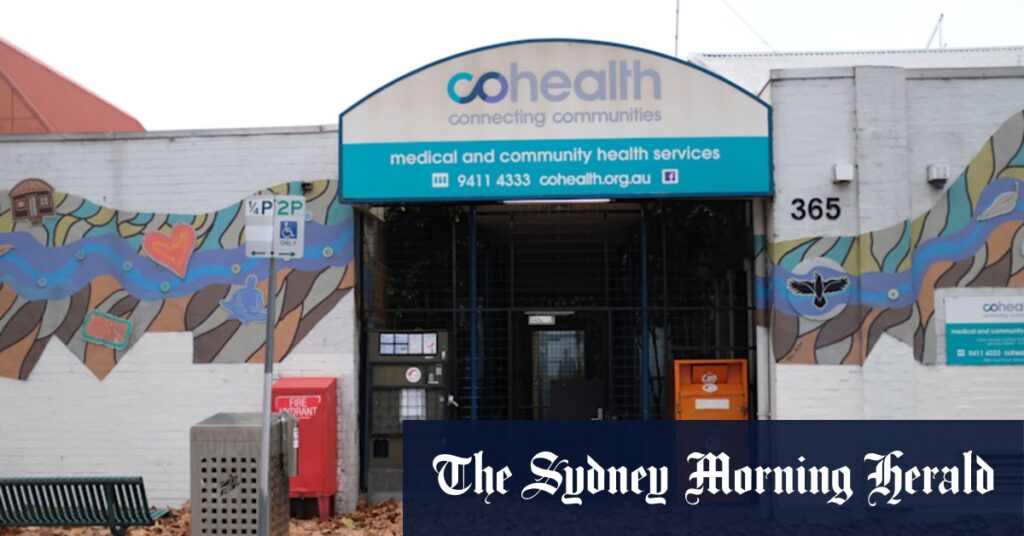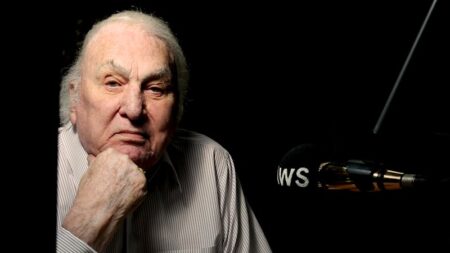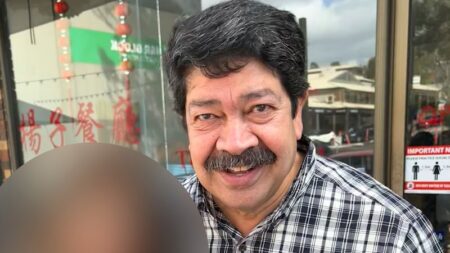“When people live with homelessness, severe mental health issues, are refugees or live in other complex social situations, they need wraparound services delivered by people highly trained in those populations,” she said.
“I’m deeply concerned. I don’t think it’ll be easy for those people to find the same high-quality care in the community that they have been receiving.”
Cohealth delivers health services to some of Victoria’s most vulnerable patient cohorts – such as refugees living in the area’s public housing towers.
The changes will not affect its specialised alcohol and other drug services in inner Melbourne. Cohealth operates the Victorian government’s public drunkenness response service as well as needle exchange programs.
Bulk-billed GP services will still be offered at other sites, which include Footscray and the CBD.
Cohealth chief executive Nicole Bartholomeusz said she was devastated by her organisation’s decision to close three of its general practice clinics.
“We service part of the community who will not be able to access care elsewhere,” she said.
Bartholomeusz said staff were trying to find other GP clinics in the area to treat their patients, but many were already at capacity.
The Collingwood, Fitzroy and Kensington clinics employ 29 GPs and cohealth is hopeful it will be able to redeploy these doctors into other roles.
Bartholomeusz said the Medicare rebate just covered doctors’ salaries, and there was no money left to pay for nurses, receptionists and other operating costs.
“The gap between the cost of delivering the clinic and the Medicare rebate is getting bigger each year as wages and goods and services increase,” she said.
Bartholomeusz said this five per cent funding shortfall made it extremely difficult to maintain all its services.
Infrastructure Victoria has previously said cohealth’s facilities needed urgent investment, which has traditionally come from a mix of state and federal money.
State Greens MP Gabrielle de Vietri said the first letter she ever sent as a parliamentarian was about upgrading cohealth’s Collingwood site.
“It’s indefensible that Labor is letting community health services collapse instead of investing in them at the time when we know people are struggling more than ever to afford basic healthcare.
“Funding for our health services should never be chucked in the too-hard basket. Yet that’s exactly what Labor’s done, and it’s local communities like ours that suffer.”
Yarra mayor Stephen Jolly – a former Victorian Socialist turned independent – said he had been fielding distressed calls and messages from patients and staff overnight.
“Six days before Christmas, thousands of the poorest people in Yarra will lose access to their bulk-billing GPs,” Jolly said. “The state and federal governments need to step in and find a solution.”
Opposition health spokeswoman Georgie Crozier agreed that the state government needed to step up if it was serious about protecting vulnerable Victorians.
“Meanwhile, Labor shrugs off $50 billion in cost blowouts on major projects,” Crozier said.
A spokesperson for federal Health Minister Mark Butler said cohealth’s decision was deeply disappointing, and insisted clinics were better off under the Albanese government’s investment in bulk billing.
“While general practices are private businesses that make their own operational decisions, the government encourages cohealth to explore the financial and community benefits of participating in the new bulk-billing practice incentive program,” the spokesperson said.
“The government remains committed to ensuring all Australians, particularly those who are most vulnerable, can continue to access high-quality, affordable primary care close to home.”
The state government was contacted for comment.
With Rachael Dexter and Rachel Eddie
Read the full article here

















